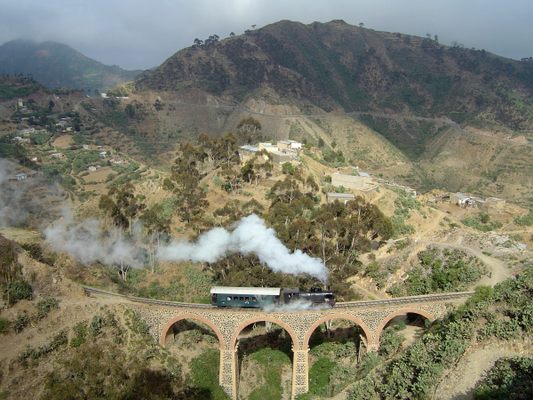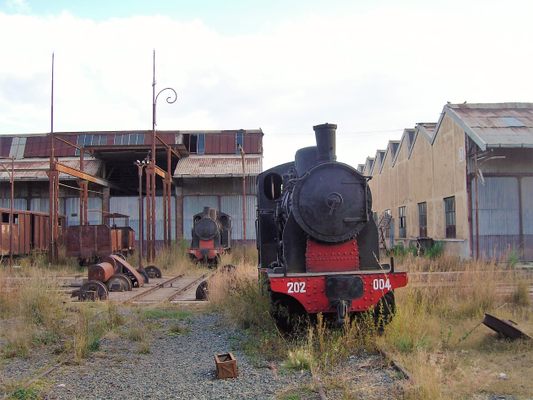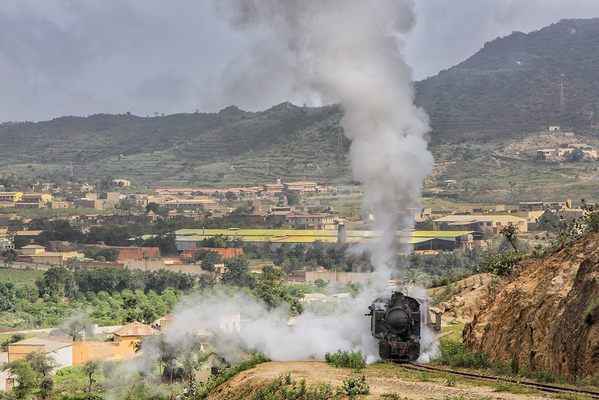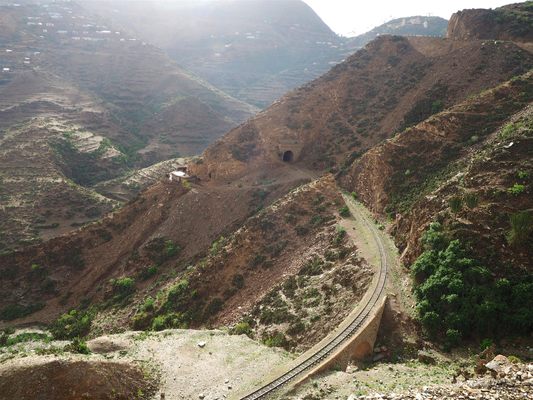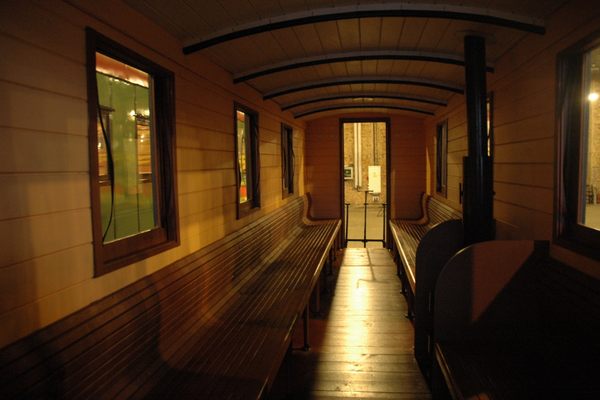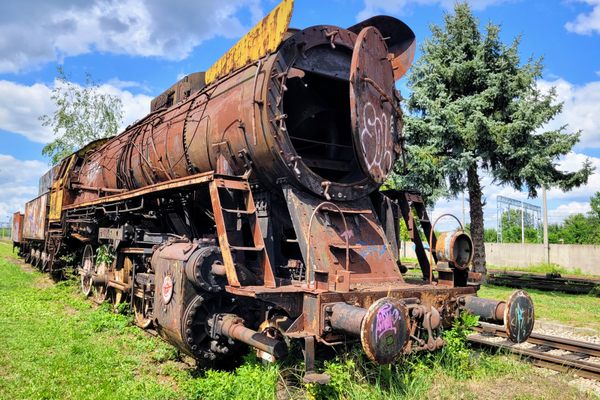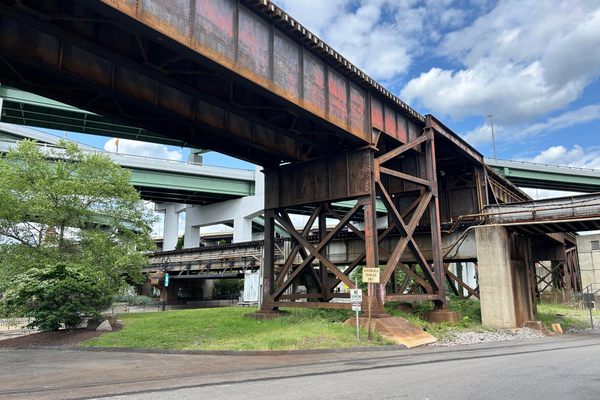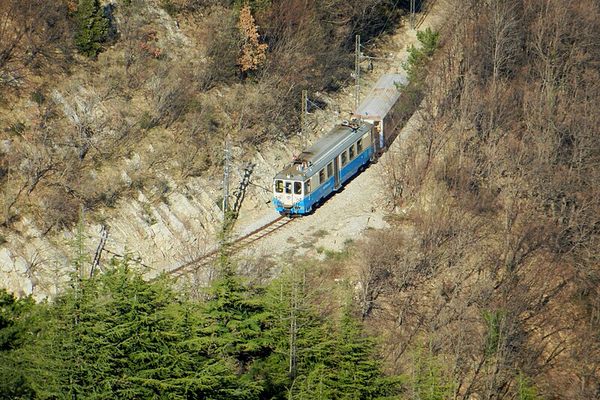About
The Eritrean railway once connected the seaside port city of Massawa to the inland city of Agordot, spanning about 190 miles in total. After falling into disrepair over decades of conflict, sections of the railway are running again with much of the original equipment.
Constructed between 1887 and 1932 during Italian colonial occupation, the railroad was meant to extend to the Sudanese border, but construction plans were halted by the Italo-Ethiopian War. The years of the Italian war effort in World War II saw peak ridership of the railway, with hundreds of thousands of passengers and tons of freight traversing the lines. After Italy’s defeat in the war, however, some of Eritrea’s locomotives and cables were seized by the British for use in their nearby East African colony, Kenya.
After Eritrea’s annexation by Ethiopia, the railway fell into disrepair and paused service in 1975, closing one year later. After 30 years of intense conflict, Eritrea achieved independence from Ethiopia in 1991, and gained statehood two years later.
In 1994, Eritrea’s government began a project to restore parts of the railway, with the Asmara - Massawa line returning to service in 2003. While much of the railway’s ruination was from general neglect and decay, huge parts were destroyed during the struggle for independence. Carriages and locomotives rusted while stations along the line were raided. Although the Eritrean government took foreign bids for reconstruction, it ultimately decided to pursue reconstruction with its own resources.
Today, riding the railway is almost exclusively a privilege afforded by private tours. The train only travels about 12 miles per hour, making it difficult for commercial use. The rolling stock equipment used for the ride is the same that was used more than a century ago. While the railway line between Asmara and Massawa is serviceable, it needs upgrades to return to full commercial operation, and many repairs are still needed in order to extend the functional range to all former stations. There are rumored discussions with Sudan, however, for investment in a transnational rail system that would fund a more complete restoration of the system.
Related Tags
Know Before You Go
Visitors have a few options of tour companies that will help arrange a ride between Asmara and Massawa, but for a steep price. Rates are quoted anywhere between $500 for a ride, to $250 an hour for a 10-hour journey.
Published
February 1, 2022
Sources
- http://www.trainweb.org/eritrean/scrapbook/who/ferrovie-coloniali/ch2-eritrea/chapter-ii-eritrean-railway.html
- https://www.independent.co.uk/news/world/old-timers-put-eritrea-s-trains-back-on-the-rails-1308580.html
- https://www.bbc.com/news/world-africa-13349395
- https://www.tesfanews.net/eritrea-is-a-dreamland-for-railroad-nostalgics/
- https://www.visiteritrea.net/steam-train-ride.html
- https://www.aljazeera.com/gallery/2016/4/21/everyday-eritrea-resilience-in-the-face-of-repression
- https://www.independent.co.uk/news/world/old-timers-put-eritrea-s-trains-back-on-the-rails-1308580.html


